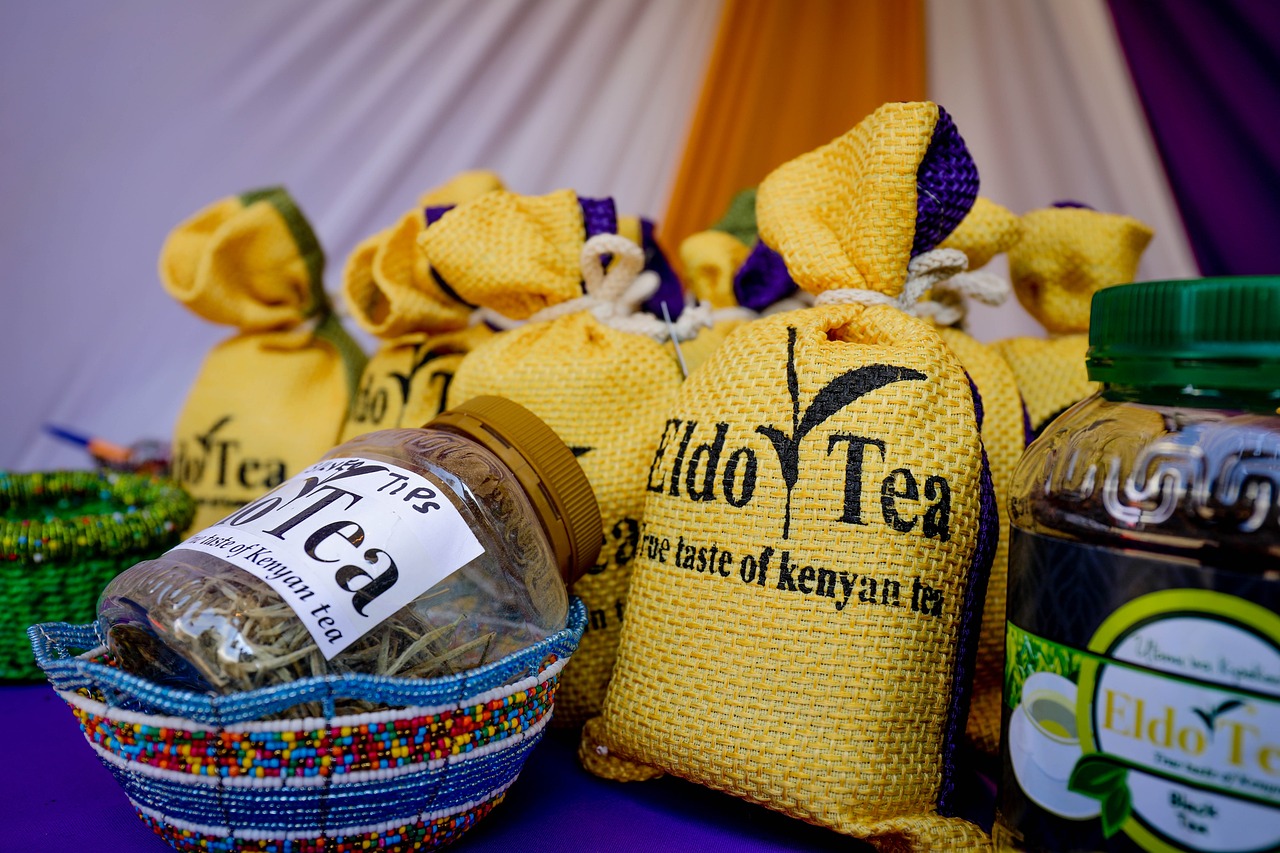Image by CREATIV RAZOR from Pixabay
This post is part of a series on Swahili noun classes. For an overview, see this post. To learn about each noun class in depth, check out these posts: The A-Wa Class, the Ki-Vi Class, the Li-Ya Class, the U-I Class, the I-I Class, the U-Zi Class, the I-Zi Class, the Ya-Ya Class, the Ku-Ku Class, the PaKuMu-PoKoMo Class.
Overview
This class includes nouns that are uncountable, that refer to differences of time or seasons, and that refer to feelings or abstract ideas. These nouns typically either don’t have plurals, or have the same form in the singular and plural.
- chai (tea)
- sukari (sugar)
- chumvi (salt)
- petroli (petrol)
- damu (blood)
- dunia (world)
- alfajiri (morning)
- alasiri (afternoon)
- jioni (evening)
- Pasaka (Easter)
- Pentecoste (Pentecost)
- furaha (happiness)
- chuki (hatred)
- hewa (air)
- njaa (hunger)
- baridi (cold)
Summary of Agreement
| adjective | possessive | subject | object | demonstratives | relatives |
| ∅-/ n- | y-/y- | i-/i- | i-/i- | hii hiyo ile | -yo- |
Adjective Agreement
The adjective agreement prefixes for the I-I class are ∅- or n-.
- hewa safi (clean air)
- Pasaka nzuri (great Easter)
- njaa nyingi (too much hunger)
Possessives
The possessive prefix for the I-I class is y-.
- chumvi yangu (my salt)
- sukari yetu (our sugar)
- damu yako (your blood)
Verbal Agreement
The verbal subject agreement prefixes for the I-I class are the same as its name, i- in the singular and i– in the plural.
- Sukari imeisha.
The sugar is finished. - Chumvi imemwagika.
The salt has spilt. - Alfajiri inapendeza.
The morning is bright. - Mvua imepusa.
The rain has stopped.
If the subject is a pronoun referring to an I-I noun, the verb will take i– In both singular and plural.
- Imemwagika.
It has spilt. - Imeingia.
It has gotten in. - Inazunguka.
It rotates. - Inanuka.
It smells.
Locatives
The prefix i- is used on the locatives –ko, –po, and –mo for I-I class nouns.
- Sukari iko wapi? Sukari imo chumbani.
Where is the sugar? The sugar is in the room. - Kahawa iko wapi? Kahawa iko shuleni.
Where is the coffee? The coffee is at school.
Object Infixes
The object infixes for the I-I class are i- in the singular, and i– in the plural.
- Petroli? Ninaiona.
The petrol? I see it. - Damu? Ninaiona.
The blood? I see it.
Demonstratives
The demonstratives for the I-I class are hii (this, these), hiyo (that, those) ile (that, those over there).
- kahawa hii (this coffee)
- Pasaka ile (that Easter)
- damu ile(that blood)
- njaa hiyo (that hunger)
Relatives
The relative agreement infix for the I-I noun class is yo-, which can appear as an infix in the verb of the clause (iliyonunuliwa) or as a suffix on amba (ambayo).
- diseli iliyonunuliwa…/ diseli ambayo ilinunuliwa… (the diesel that was bought…)
- chai iliyopikwa…/ chai ambayo ilipikwa… (the tea that was made…)
Do you want to learn Swahili?
Check out our other posts on Swahili language, culture, and more. And if you’re looking for convenient and affordable live Swahili lessons with a real teacher, check out The Language Garage Swahili. Our lessons are given online in a virtual classroom, so it doesn’t matter where you live or work. We can come to you. And we have flexible options, with a free trial so that you can decide if there’s a fit. Check us out!






